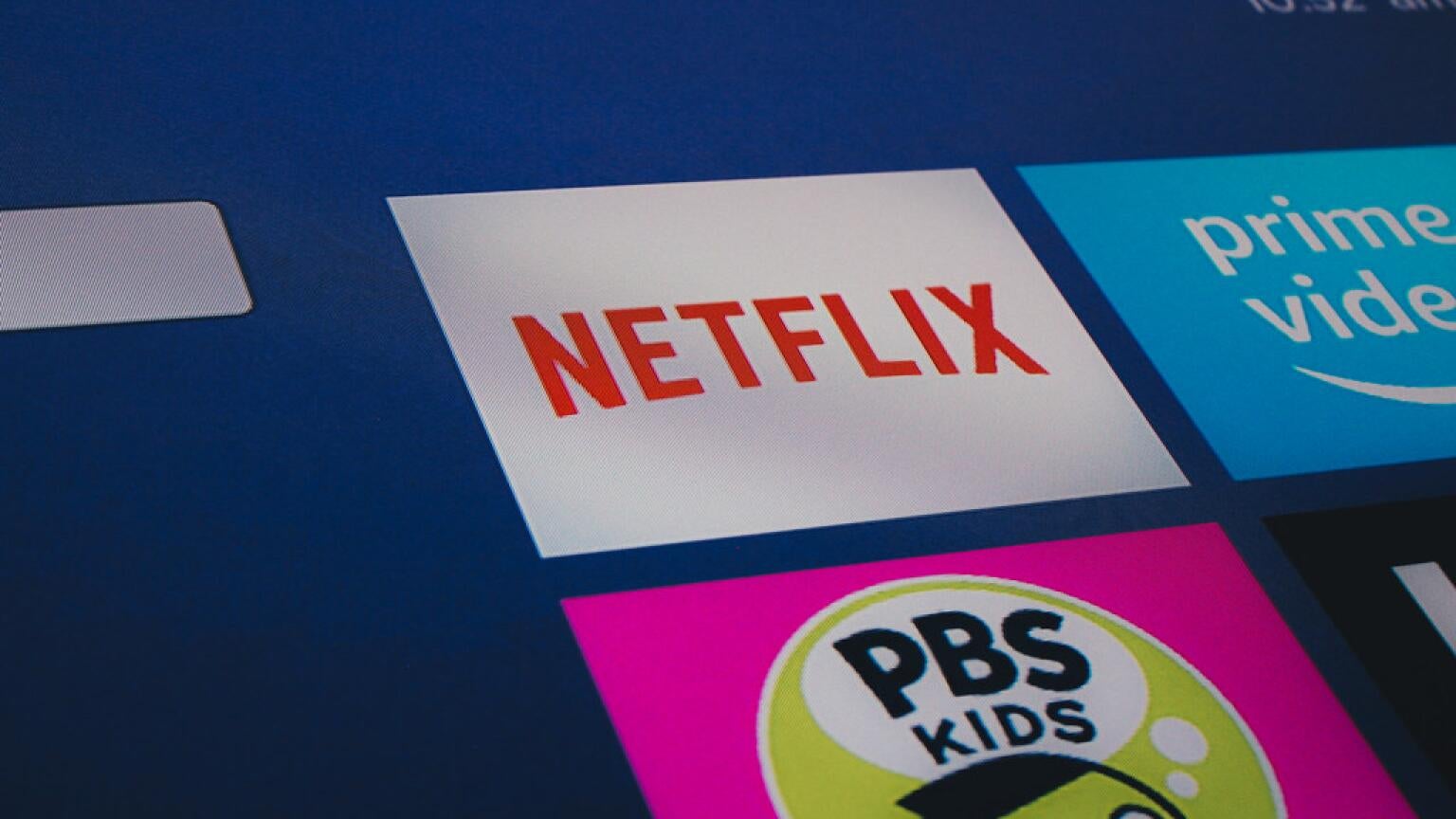
Another earnings report, another stomachache for Netflix shareholders. After dropping 400,000 subscribers in North America, some analysts are ready to declare Netflix the next Blockbuster - a one-time innovator that’s been surpassed by more innovative companies.
Here’s why that’s wrong.
The growth of every streaming service was supercharged by the stay-at-home nature of the COVID-19 pandemic. With the world on lockdown, money that might have been spent on restaurants and vacations was reallocated toward streaming budgets. Anything that happened in 2020 can be thrown out the window. Customers may have sampled more services than usual, but that’s not a great predictor of what will happen in the future.
A common assessment is that HBO Max or Disney+ will take the streaming crown, and there is surely more growth to come for those services. But will they overtake Netflix entirely?
Netflix now has ~74 million subscribers in North America. Hulu has 41.6 million domestic subscribers as of last quarter, with Disney+ touting 37 million subscribers in the same territory. HBO Max and HBO reach 47 million subscribers, but that number importantly includes linear subscriptions. Remember that Hulu and HBO Max also offer an ad-supported tier, which surely boosts their numbers.
We can surely expect that as vaccinated people go back to something resembling “normal” life, their streaming needs will change, and folks may pare down their bundles. But Netflix is incredibly sticky. They have a churn rate under 3%, which is an industry best.

In its most recent letter to shareholders, Netflix called out pandemic-related production delays as a short-term headwind: “COVID-related production delays in 2020 have led to a lighter first half of 2021 slate that will build through the course of the year.” And remember, Netflix is more impacted by these things because it’s building its long-term library from scratch.
Disney has the advantage of 100 years of old cartoons and films it can dig into. But if you’ve been a Disney+ subscriber for a while, you’ve noticed that new titles aren’t exactly blasted from a fire hose. We’ve had two seasons of “The Mandalorian,” along with three Marvel series. Beyond that, none of Disney’s streaming additions have made a dent. The company is stuck milking its existing intellectual property. Too many Marvel series/movies too soon and you dilute the brand, just as the Star Wars franchise derailed its hype train with five theatrical films in four years. Disney+ will also shy away from adult content — something Netflix has no problem with.
Unless Disney+ somehow incorporates its Hulu catalog (as it did with Star in overseas markets), its growth will be capped by its narrow focus on a younger audience.
As for HBO Max, much of its growth can be attributed to its decision to release films on the platform on the same day they hit theaters. That stunt worked, even if it alienated many of its Hollywood partners. With NBCUniversal clawing back its library for Peacock, HBO Max will need to ramp up more of its own production. But aside from new “Game of Thrones” or “Sex & the City” titles, there’s not much buzz. Historically, HBO has delivered quality at a glacial pace.
HBO could turn heads with some kind of discovery+ bundle, but subscribers who join your service at a discount aren’t always your most loyal fans.
The reason to be optimistic about Netflix’s growth is because it doesn’t serve the masters its competitors must. Disney and WarnerMedia Discovery are trying to protect their theatrical interests as well as their streaming services. Netflix has no such issue. Disney wants to maintain a family brand. That doesn’t impact Netflix. HBO is producing 10 movies specifically for HBO Max. Netflix releases a new movie every week.
It’s also worth noting that much of the success of HBO Max and Disney+ comes from huge budget blockbuster-style films and series. Netflix has managed to hit home runs with incredibly cheap productions like “Marriage Story,” “The Queen’s Gambit,” or “Tiger King.” The low-to-mid-budget dramas and comedies that used to be a staple of the movie business have all but disappeared from theaters. Netflix is providing a home for those types of entertainment.
While it remains to be seen how Netflix handles its pivot to mobile gaming, which could easily go wrong, the company has shown a knack for churning out hits and driving the cultural conversation. That’s remarkable for a company that didn’t even have an original series until 2013.
Netflix doesn’t care about sports. Netflix doesn’t care about theaters. Netflix doesn’t care about linear channels. Netflix is a self-contained entertainment company. Creators who get involved with Netflix understand what they’re getting into. The library is growing. And you’d be foolish to think the company can be counted out because its production slate got blown up by a once-a-century pandemic.
